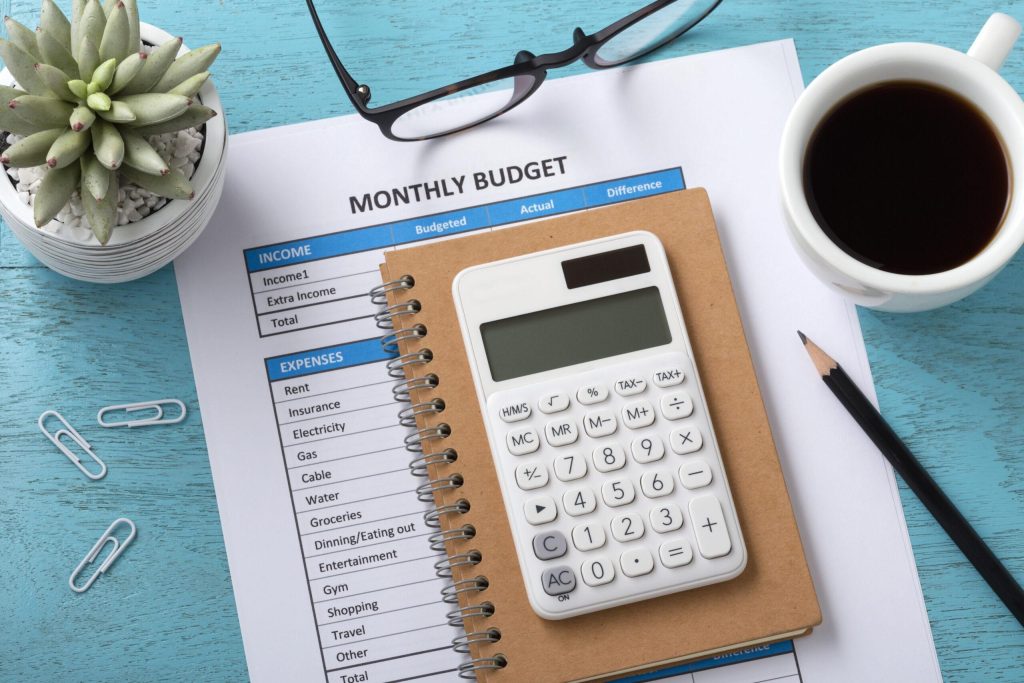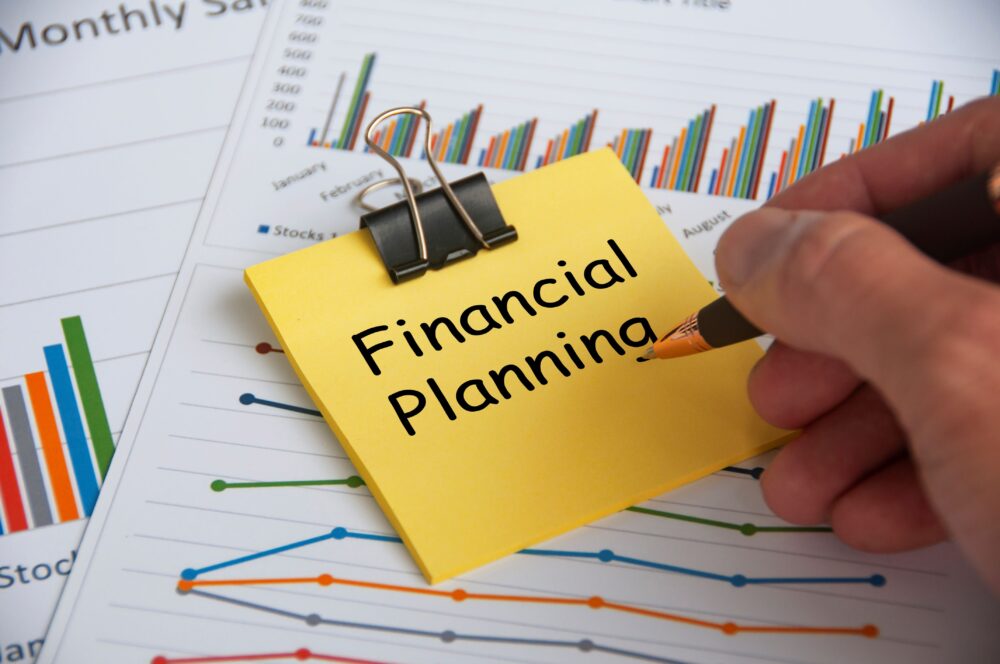Introduction
Financial budgeting is a great tool for those people that want to be smart in the way they spend money and plan for their future. Be it in terms of paying off loans or planning for future expenses. Being financially sound is a great tool for anyone to further themselves in their life and if not done correctly can be a determining factor for their downfall in life.
Keeping the above things in mind you should look to better yourself financially and look to learn how to keep your finances in check this includes your credit score, checking balance and savings amount. Learning about your personal finances can be the determining factor in your future.
Most wealthy people stay wealthy by keeping their finances in check and most people that burn through all their money such as lottery winners are reported to have said, “I don’t know where my money went”. Many bankrupt people also say the same.
What Is Poor Financial Planning
Financial planning is done when you acquire some amount of money, be it your salary amount or any bonus(es), the part where your planning becomes “poor” is when you don’t factor in your necessities and rather move towards spending your money on useless things that don’t have any monetary value.
Many celebrities, entrepreneurs or anyone else that usually comes into wealth suddenly fail to maintain either their previous lifestyle or their wealth. Either you can live your life to the fullest for some years or you can plan for the future and stay wealthy for your life.
In this article we aim to help teach you some things regrading personal and corporate finances and how to keep everything in check. Many other blog websites do have some articles we feel can be helpful and are linked here
Starting Your Financial Journey
Starting your financial journey towards financial freedom is a long and tedious task and may take many years or sometimes decades to achieve. In this guide we offer some general finance related information on how to work towards that goal
Creating A Monthly Budget

For financial freedom, knowing what you are spending and how you are spending it is very important, furthermore creating a proper budget for all your expenses creates a good vision for you, what you will need to spend to stay afloat and what you can save and use for further investment etc.
Creating a budget is a great tool and many methods such as the 50|30|20 rule exist for people to help them in their journey.
For any beginner or expert, creating a clear budget and splitting your income into categories of needs is a great option, to get a vision that helps you get a clear understanding of where you can cut back and where you are spending adequate amounts of money. Having a total breakdown of your monthly income and expenditure is the best way to start your journey.
Importance Of Tracking Expenditure
When starting your month, after receiving your salary or any type of income it is wisest to track where you are spending. Going back to our previous point, we believe it to be a wise option to keep track of where and how your money is being spent.
This method allows you to get proper statistics on what percentage of income is being spent where and helps you decide on future purchases and other purchase decisions. Without knowing where your money is going, there is no point in trying to be financially free since you wouldn’t know how you are spending your money and thus wouldn’t know how to cut back and where specifically to cut back.
Role Of Technology In Budgeting: How To Be Financially Smart
In this digital age, there exist many tools and technologies other than the conventional few for being smart in your finances. Technology in this field can covert your working time from multiple hours down significantly.
If you have read our other articles on budgeting, you may also have seen apps that provide intelligent features specific to learning your spending habits and apps that set aside some budget for recurring transactions as well as some that help you in niche areas automatically. This all is made for you, to help keep you financially sound and not take consecutive days and helps take your financial budgeting in check.
Another great factor to keep in mind is the use of data visualization, keeping manual records is good enough for some people but very lacking in terms of other factors such as alerts, goal tracking and automatic expense tracking via bank integration.
All these features bunch up and make a very smart and mostly automated system for you to help make your financial planning and personal finances in track. Next we talk about the dealing with fixed and varying expenses
Fixed & Varying Expenses
Fixed Expenses
Fixed expenses are expenses you have to pay on a regular basis, be that monthly, quarterly or yearly. Some common examples of these types of expenses are subscriptions you might have for some services such as Netflix, Hulu, rent, insurance etc. If you’re still confused about what this type of expense is, we have listed below the method to factor what type of expenses these are and which of your expenses aren’t fixed
Characteristics Of Fixed Expenses
- Predictable
- Essential Expenses
- Stable Expenses
Variable Expenses
Variable or varying expenses are such expenses that you do not pay on a regular basis and only come up once in a long time or those needs whose expense is a varying amount and never fixed.
Such type of expense do include expenses that you may feel are fixed expenses such as groceries which would be considered variable expenses for those that don’t have a fixed amount set monthly and don’t get the same groceries each month or week. Other expenditures that can be included in this are Utility Bills, transportation
Characteristics Of Varying Expenses
- Varying Amount In Expenses
- Unpredictable
- Discretionary
Why Fixed & Varying Expenses Matter?

Fixed and varying expenses matter a lot when making your budget, if you do not account for your varying expenses as well as your fixed expenses, you might face problems since you may have allocated funds elsewhere which would result in being left in the dark.
Understanding the differences between fixed and variable expenses allows you to be more smart in your financial planning and budgeting Fixed expenses are much easier to track and budget for compared to varying expenses for this reason some people might overlook them. In reality most of your budgeting is done for these varying expenses, when cutting on cost for example, you can’t just not pay your rent.
However, you can use alternate methods to transportation, clothing expenses etc.
